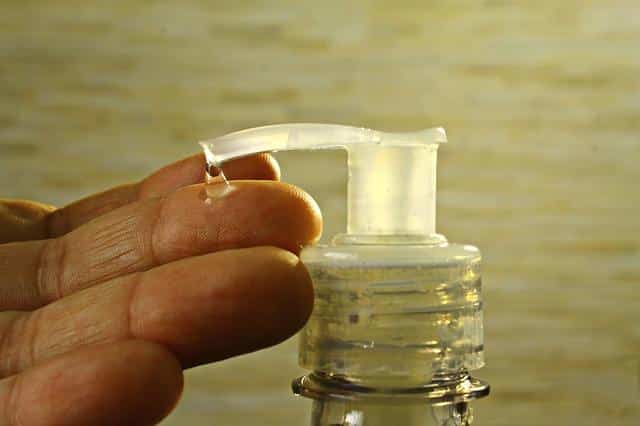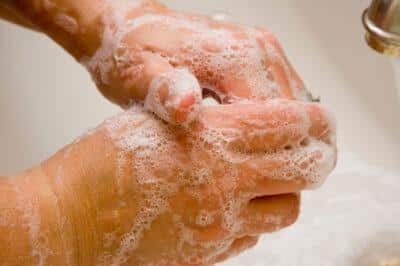
Washing your hands is a good thing, this is true. However, we have become a culture that is so germaphobic that we may just be causing more harm than good. Everywhere you turn, you see antibacterial soaps, creams and wipes.
While keeping both your home and your body clean is one of the best ways to keep bacteria at bay, our society seems to think that washing regularly with soap just won’t do the job. To fix this, manufacturers have added antibacterial ingredients to just about everything, including lip gloss, soap, cream, sponges, household cleaners and even mattresses.
Amazingly, antibacterial chemicals are found in 75 percent of all liquid soaps and 30 percent of bar soaps.
Here are five reasons why you may want to re-evaluate the effectiveness of antibacterial products:
1. Overuse of antibacterial soaps may breed resistant bacteria.
We are presently in a crisis with overuse of antibiotics in this country, prescribing them when it is not necessary, and using too many of them and for all of the wrong reasons. This has led to superbugs that are resistant to antibiotics — which, in turn, makes a number of highly dangerous bacterial infections harder and harder to treat. The Centers for Disease Control and Prevention cautions doctors against overusing antibiotics. Concern about the overuse of antibiotics also has prompted the Food and Drug Administration to limit the amount of antibiotics that can be used in raising livestock.
Beet Powder: The Ancient Secret To Renewed Energy And Stamina
Similarly, antibacterial soaps can actually make some bacteria stronger. In fact, there is some evidence that triclosan (in antibacterial soap) helps spread antibiotic-resistant bacteria. According to epidemiologist Allison Aiello from the University of Michigan School of Public Health, “Triclosan has a specific inhibitory target in bacteria similar to some antibiotics.” In a nutshell, when bacteria is exposed to triclosan, genetic mutations can arise.
2. Soap is just as good, without the side effects.
The Food and Drug Administration notes that there is no evidence that people who use products with triclosan are less likely to develop bacterial infections than those who use regular soap and water.
3. Antibacterial soaps don’t kill viruses.
Dangerous viruses such as Ebola, the flu and enterovirus D68 areviral not bacterial. Therefore, just as you would not use an antibiotic drug to treat a viral infection such as a cold or the flu, you should not depend onantibacterial soap to kill a virus.

4. Antibacterial soap may harm the environment.
Triclosan has been detected in various waterways, from freshwater to salt. Not only can the chemical disrupt delicate ecosystems, but when subject to sunlight in water it is converted to a highly toxic compound called dioxin.
Fast, All-Natural Pain Relief With No Nasty Side Effects!
In addition, triclosan can also mix with chlorine in tap water to form chloroform, which is a potential carcinogen. Triclosan is also highly toxic to some forms of algae and has been found in high concentrations in earthworms.
5. Antibacterial soap may cause other health problems.
Research on animals suggests that triclosan may interfere with the body’s regulation of thyroid hormone, perhaps impacting fertility and causing obesity, early puberty and other problems. Some research also suggests that long-term exposure to triclosan may cause cancer. In one recent study, triclosan was detected in the urine of 75 percent of people tested. The chemical has also been found in human breast milk.
So, When Should It Be Used?
Antibacterial products do have their place. Millions of people suffer from a compromised immune system, including pregnant women and those who have immunodeficiency diseases. For these people, use of antibacterial products in the home may be appropriate and necessary.
However, for the majority of us, good old-fashioned hand washing with warm water and soap can do the trick — and is a better option. And, whenever purchasing antibacterial soaps, always read the label and ensure it doesn’t contain triclosan.
What reasons would you add to this list for avoiding antibacterial soap? Share your advice in the section below:
Sources:
Harness The Power Of Nature’s Most Remarkable Healer: Vinegar









